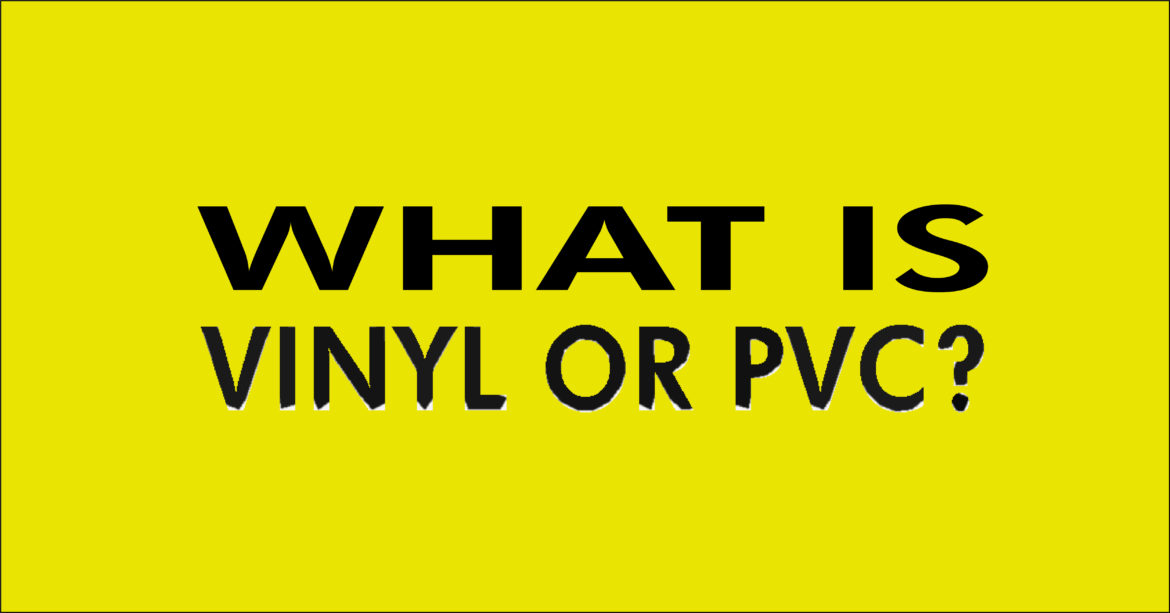Vinyl is a synthetic material and is also known as PVC. PVC stands for Poly Vinyl Chloride. It is a versatile substance or material made synthetically by polymers of plastic. The manufacturing process is very easy and short and it is one of the highly demandable products in all over the world.
The Birth of Vinyl
In 1872, Mr. Eugen Baumann, a German Scientist, discovered the Vinyl Chloride when he left the white mixture in a flask in sun light for days. Later, due to heat , the chemical reaction took place, and this white material turned into a solid white polymer. But he couldn’t succeed to use it commercially.
Later two more German professors worked on this discovery but failed to make it a commercial product. Then , an American scientist, Waldo Semon, kept on experimenting until he invented the full and versatile form of vinyl chloride which is now called Poly Vinyl Chloride.
Production Process
There are two major ingredients used in the production of Vinyl or PVC; Ethylene and Chloride. Ethylene has obtained by thermal cracking or processing of petroleum or natural gas and Chloride by the electrolysis of see salt and water. Both these combine to form Ethylene Dichloride and after polymerization and use of different additives or modifiers, PVC produce.
Uses of Vinyl or PVC
Vinyl is a versatile material that can be shaped and molded to fit almost any industry. There are rigid and flexible types of PVC available in market depending on the requirements or the need. The application of PVC are in construction, aerospace, automotive, healthcare, textile, packaging and many others. The rigid type of PVC are used to make pipes, doors, walls, flooring materials, cladding materials, etc.
The flexible and soft form of PVC obtained by using plasticizers during the production. These soft form of PVC can be molded into different shapes to make different commercial products like surgical gloves, electrical wires insulation, clothing, leather materials etc.
Benefits
- Fire-retardant
- Flexible
- Durable
- Low cost
- Resistance to water and abrasion
- Easy to clean
All these qualities have made vinyl as one of the most demanded synthetic product in the world – not just in commercial places but also for private purposes.
For the interior designing or the finishing of your home and office, contact Tameerkaro. You can get free estimate for your complete project for free at info@tameerkaro.com or directly reach us at 0300-0556666.

